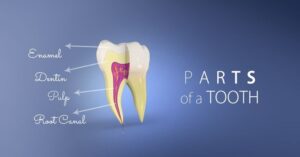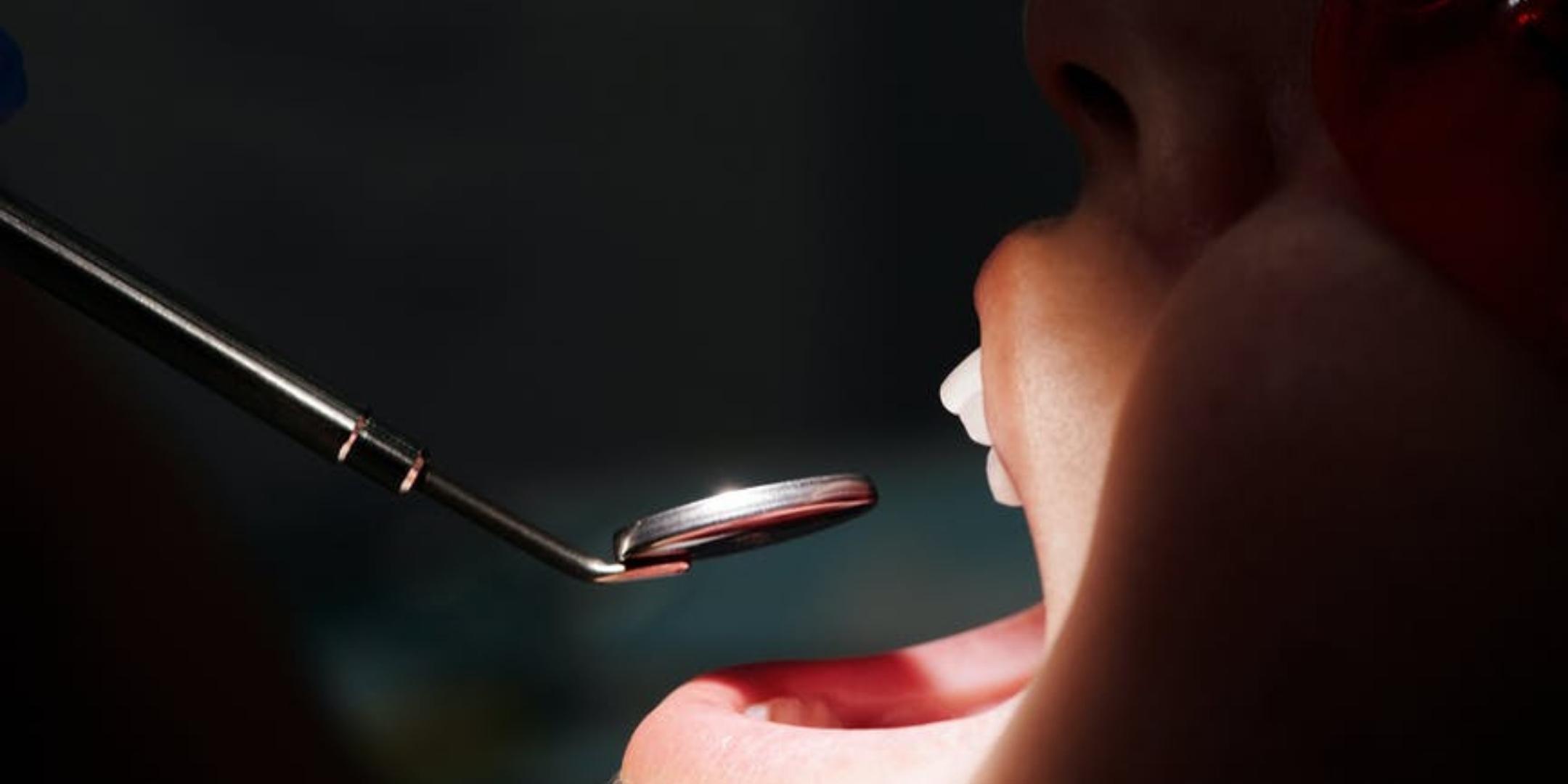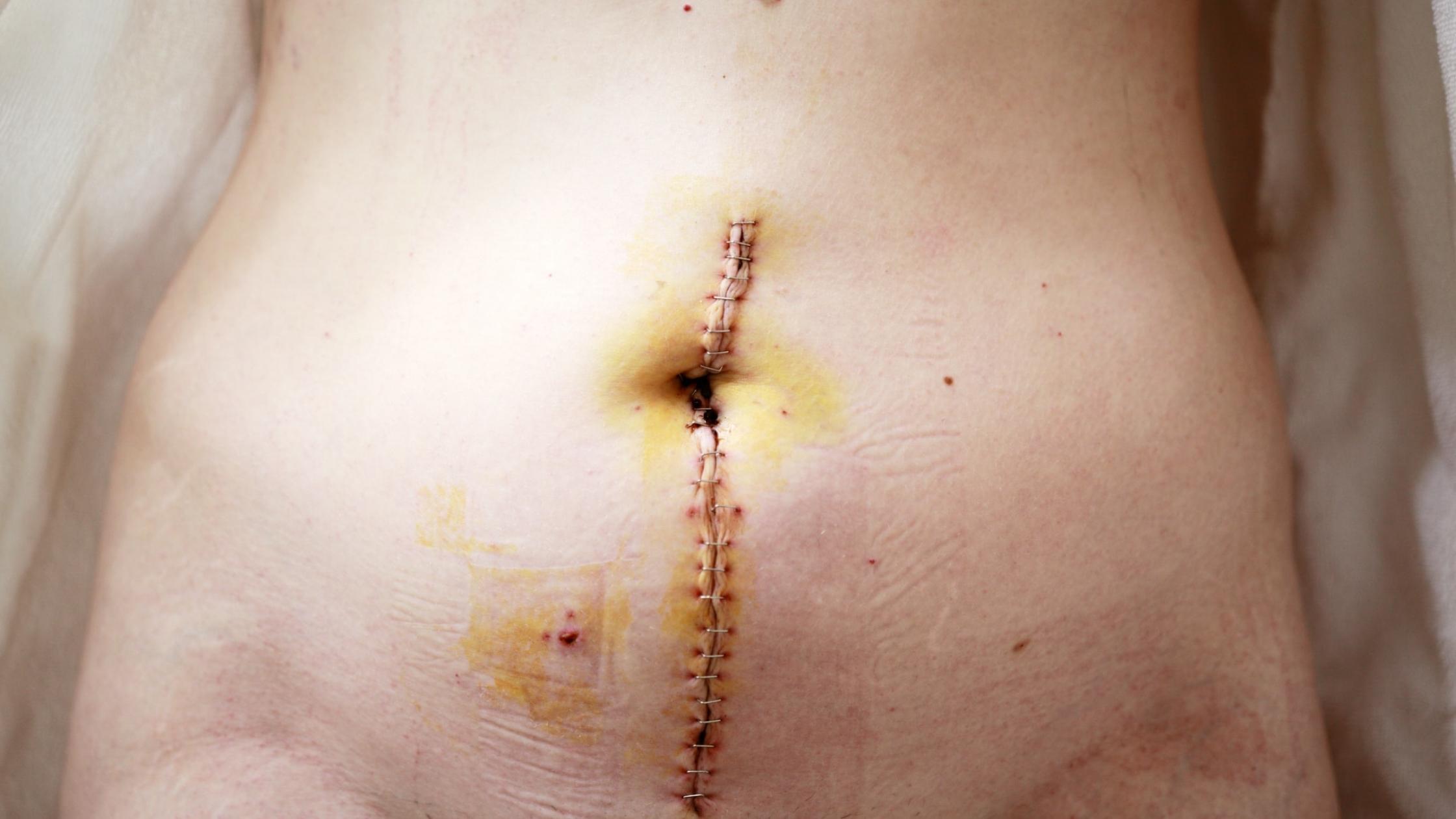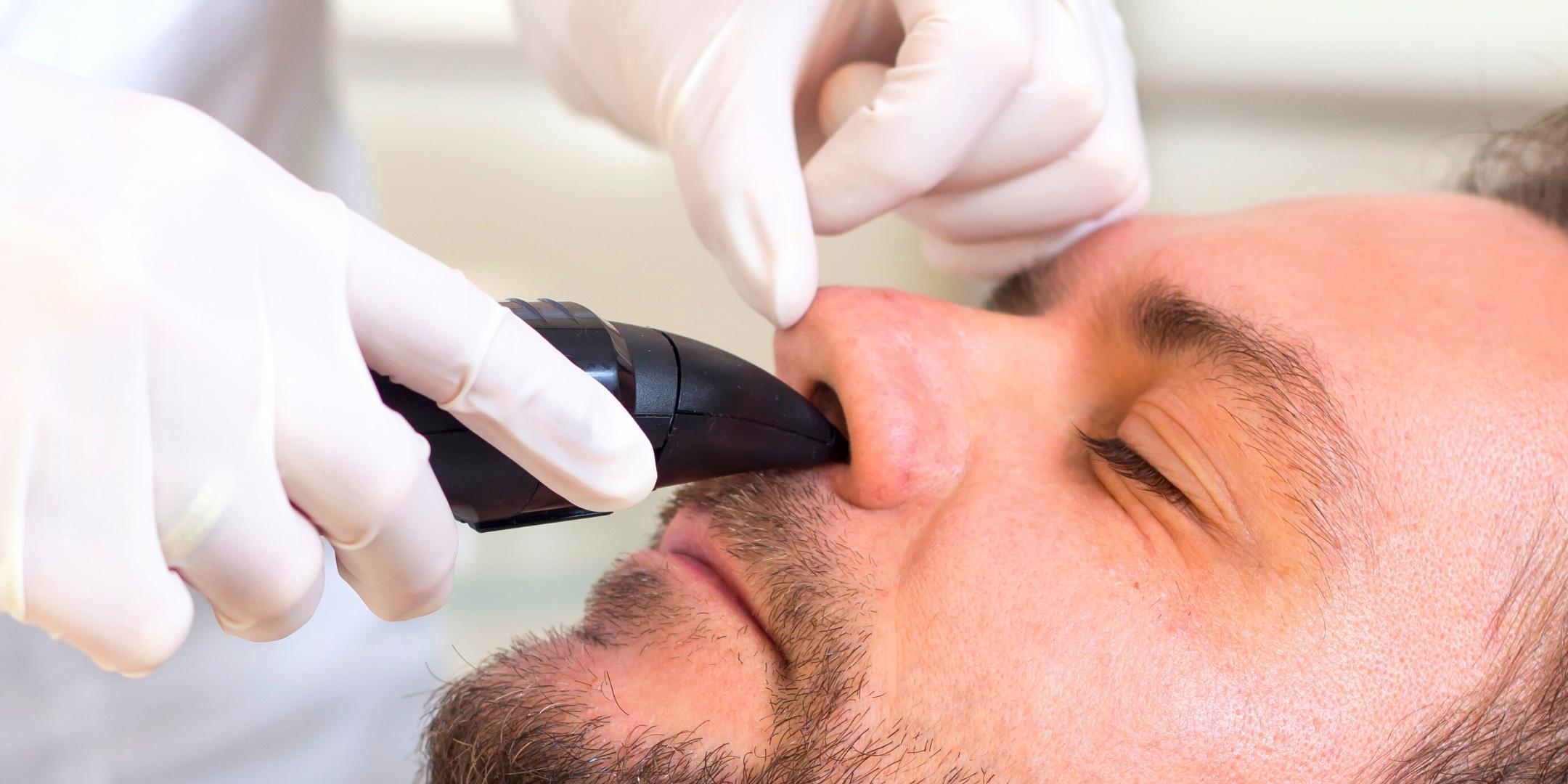Tooth enamel forms a shell around every tooth and protects the teeth from damage. It is translucent and the hardest material found in the human body. If your enamel is damaged, it weakens the health of the teeth. There are many methods available to support and protect the enamel.

This article discusses the symptoms of weak enamel, treatment, and prevention methods to treat and avoid enamel issues.
What Are The Causes Of Weak Enamels?
Food
The health of enamel depends on the food you eat and your lifestyle. Some food damages your enamel and weakens the enamel health. It is necessary to consider your health when you choose some foods.
- When you drink more soft drinks daily, it will do many harmful things to your enamel. The high levels of citric and phosphoric acids present in soft drinks damage your enamel.
- All types of wine, sometimes fruit juices, especially lemon, cranberry, orange, and apple, may affect your enamel. Eating these fruits more is also harmful to your enamels.
- Gummies and sweet candies are also not advisable.
- We know that sugar does not contain any acid, but it drives the bacteria growth in your mouth.
- When you vomit or experience acid reflux, stomach acid comes in contact with your teeth. These acids also may affect your enamel.
Genetics
- Even if you have stellar brushing, flossing, and rinsing habits, genetics plays a vital role in your oral health.
- A tiny chance of risk for weak enamel comes from genetic factors.
- The hereditary enamel hypoplasia occurs due to genetic factors that impact the formation of the teeth in the mouth.
- It may affect a small region of a single tooth or multiple teeth.
- It may occur in baby teeth or permanent teeth, leaving the teeth vulnerable to decay.
Environmental factors
Everyday wear and tear, stress, corrosion, friction, and other conditions may cause the erosion of the enamel. Now, we can discuss some of the clinical terms to describe these factors.
- Abfraction: Abfraction means the loss of tooth structure that is not the result of decay. It happens when you put too much pressure on the tooth while chewing or biting. It causes microfractures and tissue loss.
- Abrasion: If you brush your teeth so hard, do not floss your mouth regularly, bite objects like your fingernails and bottle caps, or have a habit of chewing tobacco, it may lead to abrasion.
- Attrition: If you grind or clench your teeth during sleep, it forms dental wear due to tooth to tooth contact.
Dry mouth
The primary function of saliva is to digest the food, clean your mouth, and prevent infection. You cannot control the bacteria and fungi in your mouth, and your mouth becomes dry if the saliva production is low. A dry mouth allows harmful acids, plaque, and food particles to stay long on the teeth. These food particles lead to enamel erosion, and your teeth become vulnerable to tooth decay and root canal infection.
How To Treat Weak Enamels?
The dentists offer you two types of treatment for repairing the worn-down mineral of the enamel. They are
- Tooth bonding: This method is effective if the enamel issue is mild. The dentists apply a resin, tinted to match your tooth, to the tooth with the damage. It will become bonded to your tooth when it hardens. The final trimming and polishing process helps it fit into your mouth correctly. You can complete this entire process in an hour or less.
- Tooth crowns: This crowning method is helpful in severe cases of weak enamel. It involves capping the tooth, and the cap protects the area from further damage. A crown allows you to eat and drink without pain, save your tooth against future decay, and restore the teeth’s function.
Symptoms Of Weak Enamel
The symptoms of weak enamel vary depending on the severity. Let us see some of the symptoms.
- When you eat some foods like sweet, hot, acidic, spicy, or cold, you may feel a twinge of pain in the early stages.
- When your enamel becomes weak, you can see your dentin, and the teeth may appear yellow.
- This weakness causes your teeth to become more rough, irregular, and jagged. You can notice cracks and chips.
- If you find a smooth and shiny surface on your teeth, it is a sign of mineral loss.
- In the severe stage of enamel erosion, you may feel a painful sensitivity to temperatures and sweets.
- Increased tooth decay is also a symptom of weak enamel.
Some Tips To Protect Your Weak Enamel
Follow these simple steps to keep your enamel healthy.
- Limit certain foods: Eating hard candies puts your teeth at risk and causes dental emergencies such as a broken or chipped tooth. Avoid the frequent exposures of your enamel to acidic foods like citrus fruits to avoid erosion. Sticky and starchy foods also damage your teeth and stay on the teeth longer than other types of food. Avoid soft drinks too.
- Eat healthy foods: Eat more calcium-rich foods that keep your bones and teeth strong. Foods like milk, cheese, and other dairy products can protect and strengthen the enamel. Eat low or free-fat foods to keep calories down.
- Do not over-brush: What happens when you brush so fast and hard? You may wear down your enamel. It is necessary to hold your brush with a soft bristle and move it gently back and forth in short. It is a good habit to brush your teeth after 30 minutes of eating sweet or acidic fruits.
- Fluoride treatment: Use fluoride-rich products to strengthen your enamel. It will repair the early stages of enamel weakness or tooth decay. Fluoride makes the teeth more resistant to food acids and bacteria in your mouth. Make it a habit to use fluoride toothpaste as soon as the first tooth appears and throughout your life. Use fluoride mouthwash to rinse your mouth to prevent cavities and keep your enamel strong.
- Stomach diseases: Get correct treatment for heartburn and eating disorders. When you feel severe heartburn, the stomach acids reach the mouth. These acids also may erode your enamel. Some eating disorders like bulimia make people vomit food after they eat. These types of diseases are another threat to your enamel. Do not delay consulting a doctor if you have any of these conditions.
- Chlorinated pools: Chlorinating a swimming pool is necessary to avoid the situation in which the water becomes too acidic. Ensure the chlorine levels in the swimming pool before you use it. Your tooth enamel becomes weak when that water touches it.
- Drink more water: Saliva washes away the food particles and bacteria that lead to cavities in your mouth. It effectively fights acidic foods. Prepare a proper plan and drink water often to keep your mouth clean and moist. Do not forget to rehydrate your body once completing your exercise. Eat sugarless gum or candies that keep saliva flowing in your mouth.
- Avoid over-grinding upper and lower teeth together at night. This act may wear down the enamel. Consult your dentist and use a custom-fitted mouthguard if you have a habit like this.
- Regular checkups: Visit your dentist every six months for a checkup and cleaning procedure. They can spot signs in the early stage and suggest exact preventive methods to harden and protect enamel.
Conclusion
When you chew, bite, crunch, and grind the food, the enamel helps you protect the teeth. Our body repairs the wounds, cuts, and bone damage by itself. But, once the tooth chips or breaks, it will become permanent damage which means our body cannot repair it on its own as the enamel has no living cells. You can consult the dentists to get suggestions to correct it. Your eating habits and lifestyle can save you from severe damage. Use preventive methods and be alert to find the symptoms in the early stages.









